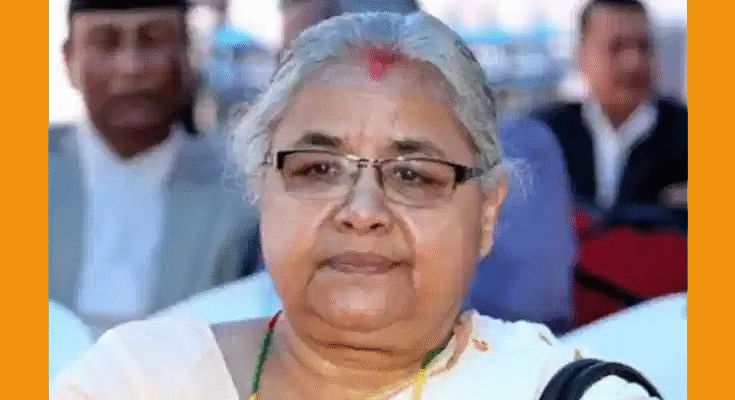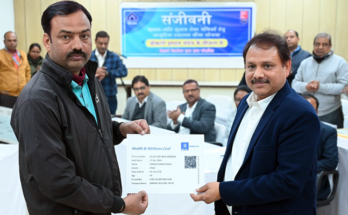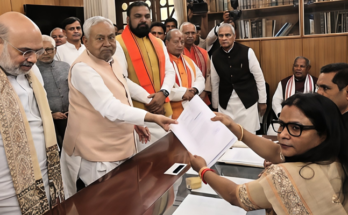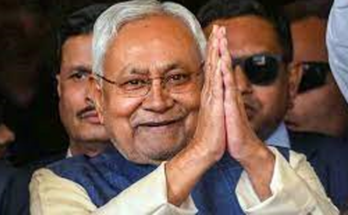Nepal Interim PM Sushila Karki Promises Reforms Amid Protests
Kathmandu: Nepal is preparing for a critical parliamentary election on March 5, as President Ramchandra Poudel urged all political parties and stakeholders to cooperate in ensuring a peaceful and fair voting process. This development follows weeks of unprecedented political unrest that rattled the Himalayan nation.
Interim PM Sushila Karki Takes Office, Vows to Address Corruption
On Thursday, Sushila Karki, the former Chief Justice of Nepal, was sworn in as the country’s first female interim Prime Minister. The ceremony took place at Rashtrapati Bhawan, Kathmandu, where President Poudel administered the oath in the presence of Vice President Ram Sahay Yadav and Chief Justice Prakash Man Singh Rawat.
In her first public remarks, Karki vowed to take protesters’ demands seriously, particularly calls to end corruption and promote transparency. “We have to work according to the thinking of the Gen Z generation,” Karki stated, signaling her intention to align governance reforms with youth aspirations.
Gen Z-Led Protests Trigger Government Change in Nepal
The political crisis erupted when a controversial social media ban ignited large-scale protests led largely by Gen Z activists. What began as a protest against online restrictions quickly escalated into a broader anti-corruption movement. Violent clashes resulted in government buildings being set ablaze and the eventual toppling of KP Sharma Oli’s government.
President Poudel stressed in his statement that despite recent turmoil, Nepal’s constitutional framework, parliamentary democracy, and federal republic system remain intact. He appealed for calm and cooperation from all sides to help the interim government complete its mandate and conduct the elections.
Economic Challenges Deepen as Youth Unemployment Soars
Nepal faces significant economic challenges alongside its political instability. According to the World Bank, one in five Nepalis aged 15–24 is unemployed, while GDP per capita remains a modest $1,447. The protests reflect deep public frustration over economic stagnation and systemic corruption.
The interim government now has the dual responsibility of restoring public trust and preparing the country for elections in just six months. Political observers emphasize that the coming period is critical to stabilizing Nepal’s democratic system and addressing the demands of its increasingly vocal youth population.




